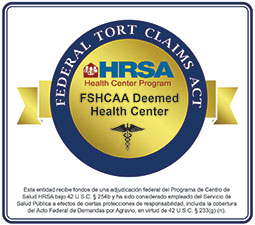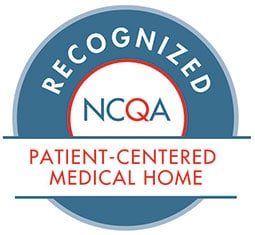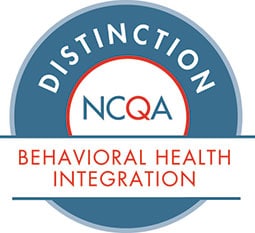HPC is Going Red for Heart Month
Post by Kelly Kreisler, MD, MPH, FAAP, Chief Health Officer and Pediatrician
 Each year in February, the United States recognizes American Heart Month, a time when the nation spotlights heart disease. Health Partnership Clinic (HPC) is proudly participating in Heart Month. On Friday Feb. 2 clinic staff are wearing red to bring awareness to the disease that is the number one killer of Americans. Heart health educational information will also be available in the clinic waiting rooms.
Each year in February, the United States recognizes American Heart Month, a time when the nation spotlights heart disease. Health Partnership Clinic (HPC) is proudly participating in Heart Month. On Friday Feb. 2 clinic staff are wearing red to bring awareness to the disease that is the number one killer of Americans. Heart health educational information will also be available in the clinic waiting rooms.
Heart Disease continues to be the leading cause of death for men and women of most racial and ethnic groups in the United States. According to the Centers for Disease Control and Prevention (CDC) one person dies every 33 seconds in the United States from Cardiovascular Disease.
There are several risk factors for heart disease including high blood pressure, high cholesterol and smoking. In addition, several other medical conditions and lifestyle choices can also put people at higher risk for developing heart disease including diabetes, being overweight or obese, an unhealthy diet, physical inactivity and excessive alcohol use.
Reduce Your Risk of Heart Disease
The good news is that you can reduce your risk of heart disease by making healthy choices and managing your health conditions.
There are several healthy changes that you can make to protect your heart and lower your risk of developing heart disease.
- Choose healthy foods and drinks.
Be sure to eat plenty of fresh fruits and vegetables. Eating foods high in fiber and low in saturated fats, trans fats and cholesterol can help prevent high cholesterol. Limiting salt in your diet can lower blood pressure. Limiting sugar in your diet can lower your blood sugar level to prevent or help control diabetes. Do not drink too much alcohol which can raise your blood pressure.
- Keep a healthy weight.
People who are overweight or obese have a higher risk for heart disease. Carrying extra weight can put extra stress on the heart and blood vessels.
- Get regular physical activity.
Physical activity can help you maintain a healthy weight and lower your blood pressure, cholesterol and blood sugar levels. The Surgeon General recommends that adults get two hours and thirty minutes a week of moderate intensity exercise. Children and adolescents should get one hour of physical activity every day.
- Don’t smoke.
Cigarette smoking greatly increases your risk for heart disease. If you don’t smoke, don’t start. If you do smoke, quitting will lower your risk of heart disease. Your doctor can suggest ways to help you quit.
It is also important to take charge of your medical conditions. Check your cholesterol, control your blood pressure, manage your diabetes, take your medications as directed and work with your health care team to prevent or treat the medical conditions that lead to heart disease.






